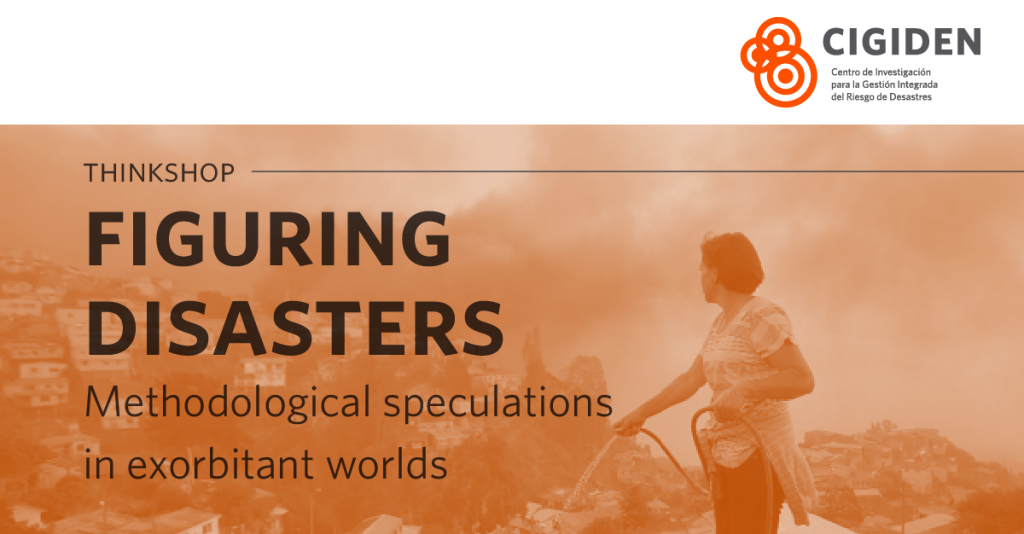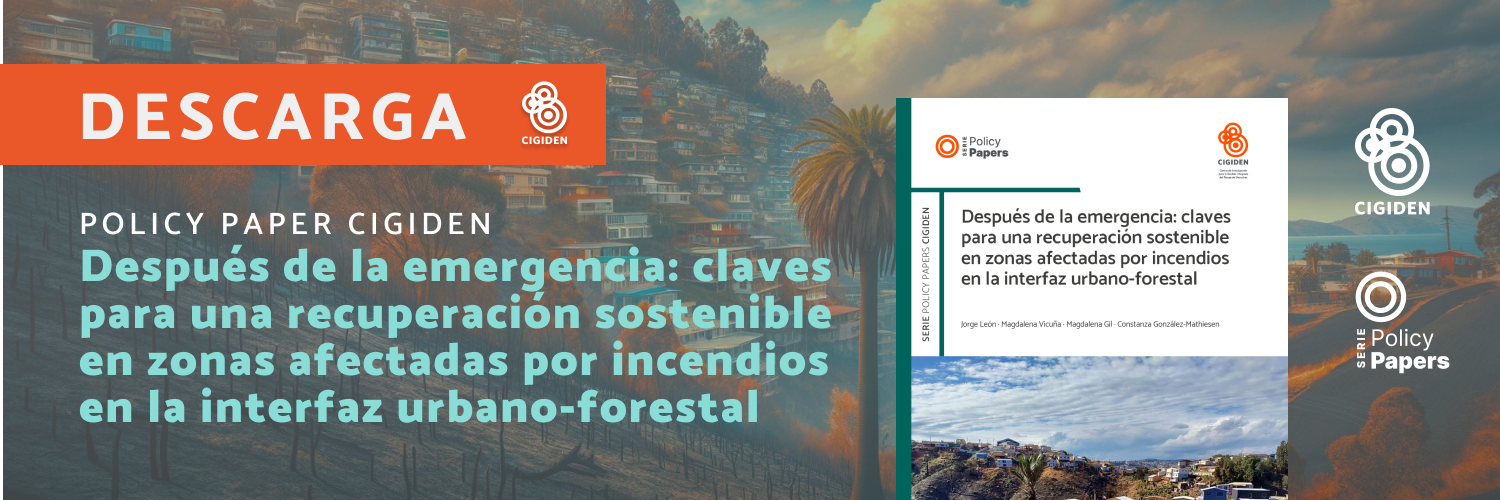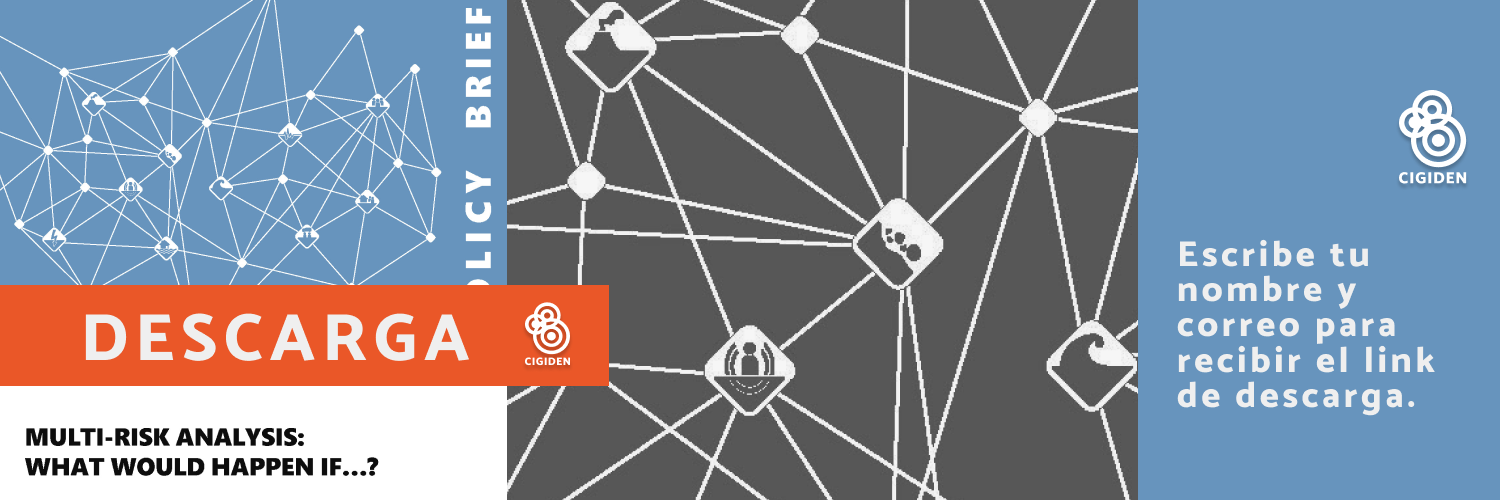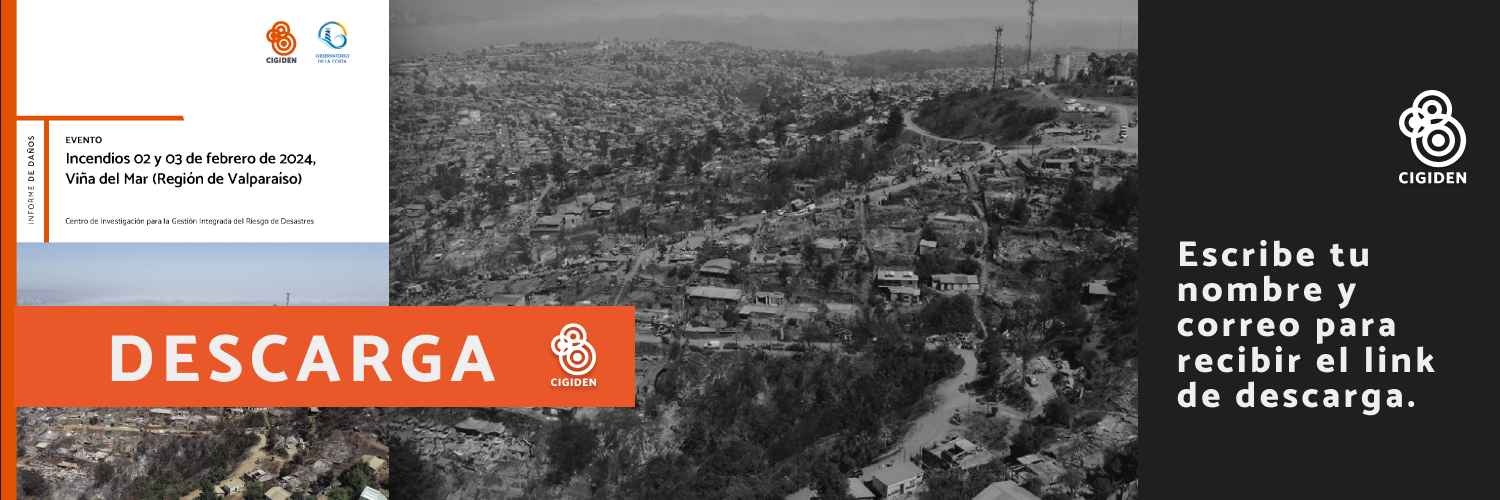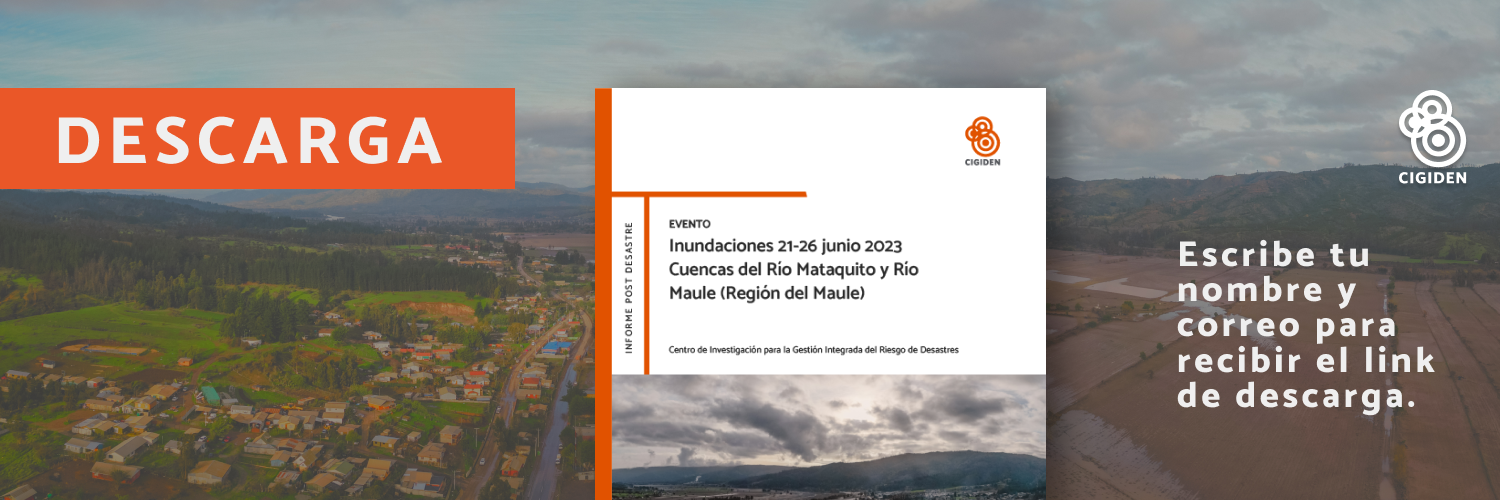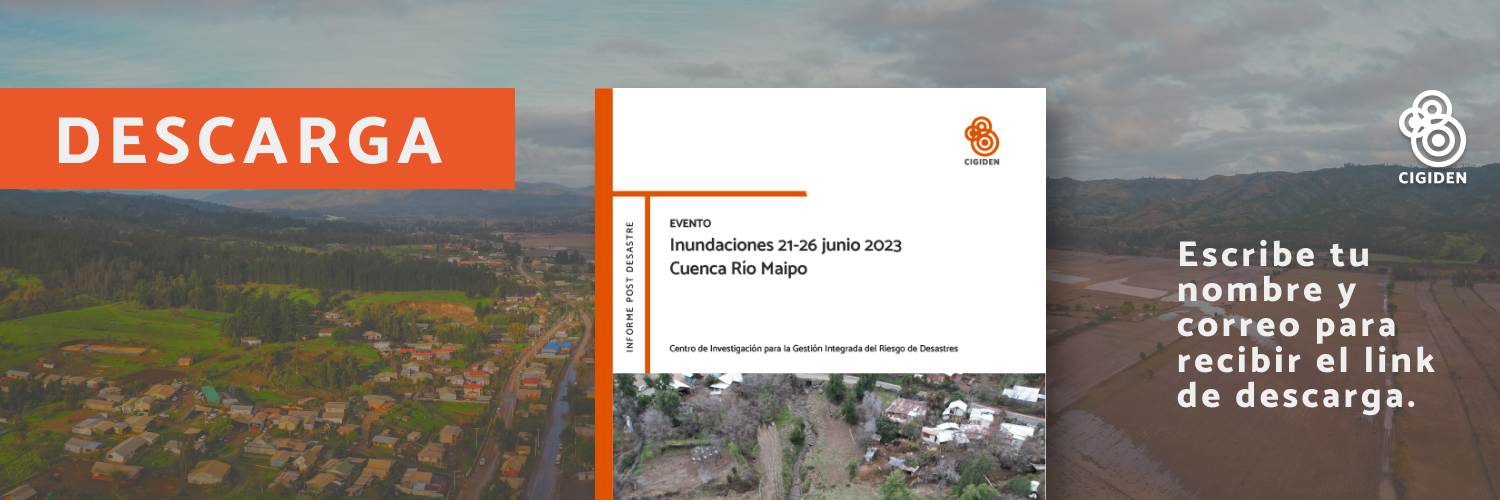August 9-10, 2018
Valparaíso, Chile
Organization:
Manuel Tironi, UC Chile & CIGIDEN
Gonzalo Bacigalupe, UMass Boston & CIGIDEN
Scott Knowles, Drexel University
We live in a lively planet. As disasters multiply in frequency and intensity we become aware of our interdependencies
with earthly powers we cannot control. At the same time, we see the deep political and cultural entanglements shaping
geoclimatic disruptions and their afterlives. Disasters render visible our precarity, our condition of being vulnerable to
others, human or otherwise, with whom we exist, flourish, and suffer (Tsing 2015). As damage is predicated upon class,
race and gender geometries, precarity, we have learned from disasters, has to be explicated locally and “in the presence
of” (Stengers 2005) those who suffer. As political experiments, disasters also reveal the institutional arrangements and
knowledge hierarchies webbing together normality, while at the same time rendering problematic the heuristic of the
“event”, a trope often unable to unveil the complex temporalities—incremental, slow and multi-scalar—at play in
disasters.
Disasters, in short, are an analytics for thinking about and with a dynamic planet. But if disasters are an analytics, they are—they need to be—also a method. Disasters summon the need to invent new genres for the figuration, representation and visualization of distributed, processual, and more-than- human geoclimatic disruptions. New regimes of perceptibility (Murphy 2006) are required for engaging disasters and the political challenges they bring along. We need new modes of implication—new tools, new registers, new arenas—to shift from the local to the planetary, from the political to the geological, from the eventual to the processual, and to make room for the panoply of voices, sensibilities, and knowledges implicated in the entire disaster cycle. Insofar as disasters disrupt the livelihoods and ecologies of concrete communities and territories—particularly those subjected the violences of late liberal industrialism—we need also methods capable of invoking renewed ethico-political commitments in the face of geopolitical injustice. Importantly, we need methods facilitating co-laboring with people and communities outside
academia.
Attempting to open a speculative space for doing and thinking, this thinkshop asks: What methods need to be
articulated, fostered, or invented for rendering disasters visible and actionable? What narratives, figurations, and
visualizations do we require to engage with the multi-scalar, multi-temporal nature of geoclimatic disruptions? What
does “data” mean in the wake of the Anthropocene, and how can it be transformed into something meaningful for the
communities we work with? How can we collaborate with artists, performers, writers, and other creative practitioners
to explore experimental methodologies? What contact zones between activism and science we require to invent new
forms of collective action and reclamation in an exorbitant world?
Format
The 2-days thinkshop is designed as a space for open debate and hands-on activities. We aim at a small group of 15
participants. There will be no paper presentations. PhD candidates, Humanities, Arts and Social Science scholars at all
levels, as well as artists, physical scientists, engineers, activists and other practitioners, are encouraged to apply.
As a way to situate conceptual explorations, a central element of the thinkshop will be a field visit to the Messana
Campamento (informal settlement) in Valparaíso, where we will know about and engage with the ongoing participatory
mapping exercise using drones that the community is conducting for the visualization of multi-hazards (fire, landslides,
contamination). The guided visit is designed to inspire participants and engage productively in a situated exploration of
the questions raised by the thinkshop. We hope to not only learn from this visit but also generate ideas and/or products
that could be used by this community and the researchers involved more permanently in the participatory research in
the Messana territory.
Location
The thinkshop will be held at El Internado, a cultural space located in the seaport city of Valparaíso, about 120 km
northwest of Santiago and Chile’s second largest metropolitan area. The cultural history of Valparaíso—it was declared a
UNESCO World Heritage Site—has cohabited with an intense history of disasters. Eight large earthquakes have hit
Valparaíso since 1730, the last one in 2017 (Mw=6.9). Today, due to the irregular expansion of the city and to
indiscriminate land use for industrial forestry, Valparaíso also faces risks associated with wildfires, landslides and
pollution.
Accommodations
All meals and accommodations, including transport to and from Valparaíso, will be covered by the organization.
Accommodations in Santiago before and after the thinkshop are not covered, and there is no additional financial aid for
travel expenses.
Application and deadlines
Applications to participate are now open until June 1st 2018. Apply here. Accepted participants will be notified by mid-
July. Any question please contact Manuel Tironi (metironi@uc.cl).


